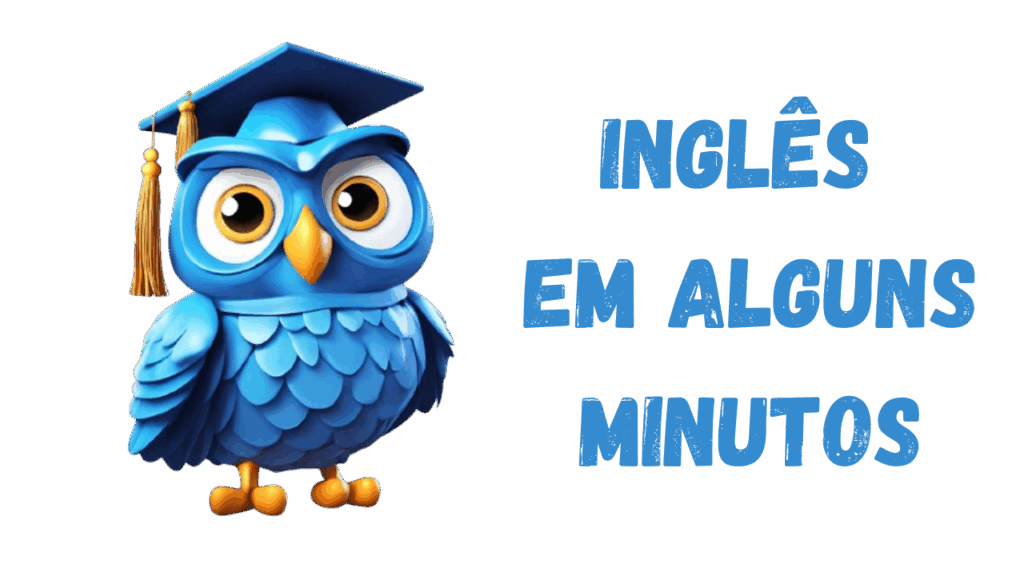Actual
Actual means that something is real or true.
This is the actual sword that the King owned, not a
fake one.
Real
Real
significa que algo é real ou verdadeiro.
Esta
é a espada real que o rei possuía, não uma espada falsa.
Amaze
To amaze someone is to surprise them very much.
The news in the paper amazed Jack.
Surpreender
Surpreender
alguém é surpreendê-lo bastante.
A
notícia no jornal surpreendeu Jack.
Charge
A charge is the price to pay for something.
The charge for the shirts was $15.00.
Cobrança
Uma
cobrança é o preço a pagar por algo.
O
valor das camisas foi de R$ 15,00.
Comfort
To comfort someone means to make them feel better.
I wanted to comfort my friend after I heard the bad
news.
Conforto
Confortar
alguém significa fazê-lo se sentir melhor.
Queria
confortar meu amigo depois de ouvir as más notícias.
Contact
To contact someone is to speak or write to them.
I contacted Sue about my party.
Contato
Entrar
em contato com alguém é falar ou escrever para essa pessoa.
Entrei
em contato com Sue sobre minha festa.
Customer
A customer is a person who buys something at a store.
The customer put a few items in a bag.
Cliente
Um
cliente é uma pessoa que compra algo em uma loja.
O
cliente colocou alguns itens em uma sacola.
Deliver
To deliver something is to take it from one place to
another.
The man delivered Chinese food to my house.
Entregar
Entregar
algo é levá-lo de um lugar para outro.
O
homem entregou comida chinesa na minha casa.
Earn
To earn means to get money for the work you do.
He earns his living as a chef in a great restaurant.
Ganhar
Ganhar
significa receber dinheiro pelo trabalho que você faz.
Ele
ganha a vida como chef em um ótimo restaurante.
Gate
A gate is a type of door. Gates are usually made of
metal or wood.
We want to put up a wooden gate around our house.
Portão
Um
portão é um tipo de porta. Os portões geralmente são feitos de metal ou
madeira.
Queremos
colocar um portão de madeira em volta da nossa casa.
Include
To include something means to have it as part of a
group.
Does this meal include a soft drink?
Incluir
Incluir
algo significa tê-lo como parte de um grupo.
Esta refeição inclui refrigerante?
Manage
To manage something means to control or be in charge
of it.
I had to manage the meeting myself.
Gerenciar
Gerenciar
algo significa controlar ou estar no comando disso.
Eu
tive que administrar a reunião sozinho.
Mystery
A mystery is something that is difficult to understand
or explain.
The path on the map was a complete mystery to me.
Mistério
Um
mistério é algo difícil de entender ou explicar.
O
caminho no mapa era um mistério completo para mim.
Occur
To occur means to happen.
When did the thunderstorm occur?
Ocorrer
Ocorrer
significa acontecer.
Quando
ocorreu a tempestade?
Opposite
If A is the opposite of B, A is completely different
from B.
The opposite of black is white.
Oposto
Se
A é o oposto de B, A é completamente diferente de B.
O
oposto do preto é o branco.
Plate
A plate is a flat round thing that you put food on.
I put my plate down so I could put some food on it.
Prato
Um
prato é uma coisa plana e redonda onde você coloca comida.
Coloquei
meu prato na mesa para poder colocar um pouco de comida nele.
Receive
To receive something is to get it.
I received a present on my birthday.
Receber
Receber
algo é obtê-lo.
Ganhei
um presente no meu aniversário.
Reward
A reward is something given in exchange for good
behavior or work.
He was given a reward for his excellent performance.
Recompensa
Uma
recompensa é algo dado em troca de bom comportamento ou trabalho.
Ele
recebeu uma recompensa pelo seu excelente desempenho.
Set
To set something is to put it somewhere.
Please set the dice down on the table.
Definir
/ colocar / configurar / Posicionar
Posicionar
algo é colocá-lo em algum lugar.
Por
favor, coloque os dados sobre a mesa.
Steal
To steal is to take something that is not yours.
The men tried to steal money from the bank.
Roubar
Roubar
é pegar algo que não é seu.
Os
homens tentaram roubar dinheiro do banco.
Thief
A thief is someone who quietly takes things that do
not belong to them.
A thief broke into our home and took my mother's
jewelry.
Ladrão
Ladrão
é alguém que rouba discretamente coisas que não lhe pertencem.
Um
ladrão invadiu nossa casa e levou as joias da minha mãe.
A Better Reward
Jenny delivered food for a restaurant. She read the
newspaper and said, “Uh oh.” There was a story about a thief. He stole food,
and no one had seen him. Even the police couldn’t catch him. Jenny was a little
scared. She worked close to that area. The newspaper included a message from
the police: “If anything strange occurs, call us. If you help us catch the
thief, you’ll earn a reward.” Jenny talked to Jim. He managed the restaurant.
“Do you know about the thief?” “Yes,” he said. “But he steals more than one
person can eat. And why haven’t the police stopped him yet? It’s a mystery. If
you see him, contact the police. Don’t run after him.” Jenny drove to a
customer’s house. She left her car and opened the gate to the house. But then
she heard a noise by her car. She yelled, “Thief!” She wasn’t scared. She
wanted the reward! She did the opposite of what Jim told her to do. “Hey,” she
yelled. “Get back here!” She set the food on the ground and ran to her car. But
the thief had already left with the food. Jenny followed a noise around the
corner. She was amazed. She saw a dog and some puppies. They were eating her
food! They looked thin and scared. “The actual thief is just a dog. She’s
feeding her puppies,” she said. “That’s why she steals so much food.” Jenny felt
bad. She tried to comfort the dogs with another plate of food. Then she took
them back to the store. Everyone there took a puppy home. Jenny called the
police. She told them there was no real thief. Jenny didn’t do it to receive
the reward anymore. She said, “It was just a dog. But there’s no charge for
catching this ‘thief,’” she said. “My new dog is a better
reward.”
Jenny entregava comida para um restaurante. Ela leu o jornal e disse: “Uh, oh”. Havia uma história sobre um ladrão. Ele roubou comida e ninguém o viu. Nem mesmo a polícia conseguiu pegá-lo. Jenny estava um pouco assustada. Ela trabalhava perto dessa área. O jornal trazia uma mensagem da polícia: “Se acontecer alguma coisa estranha, ligue para nós. Se você nos ajudar a pegar o ladrão, você ganhará uma recompensa.” Jenny conversou com Jim. Ele administrava o restaurante. “Você sabe sobre o ladrão?” “Sim”, ele disse. “Mas ele rouba mais do que uma pessoa pode comer. E por que a polícia ainda não o deteve? É um mistério. Se você o vir, entre em contato com a polícia. Não corra atrás dele. Jenny foi até a casa de um cliente. Ela saiu do carro e abriu o portão da casa. Mas então ela ouviu um barulho perto de seu carro. Ela gritou: “Ladrão!” Ela não estava com medo. Ela queria a recompensa! Ela fez o oposto do que Jim lhe disse para fazer. “Ei,” ela gritou. "Volte aqui!" Ela colocou a comida no chão e correu para o carro. Mas o ladrão já havia saído com a comida. Jenny seguiu um barulho na esquina. Ela ficou maravilhada. Ela viu um cachorro e alguns cachorrinhos. Eles estavam comendo a comida dela! Eles pareciam magros e assustados. “O verdadeiro ladrão é apenas um cachorro. Ela está alimentando seus cachorrinhos”, disse ela. “É por isso que ela rouba tanta comida.” Jenny se sentiu mal. Ela tentou confortar os cachorros com outro prato de comida. Então ela os levou de volta para a loja. Todo mundo lá levou um cachorrinho para casa. Jenny chamou a polícia. Ela disse a eles que não havia ladrão de verdade. Jenny não fez isso para receber a recompensa. Ela disse: “Era apenas um cachorro. Mas não há cobrança por capturar esse ‘ladrão’”, disse ela. “Meu novo cachorro é uma recompensa melhor.”

